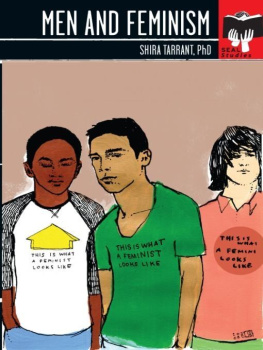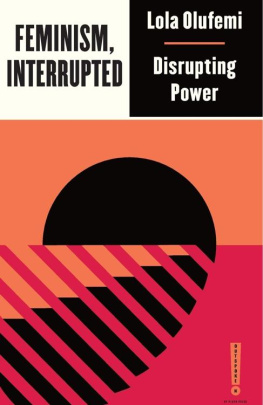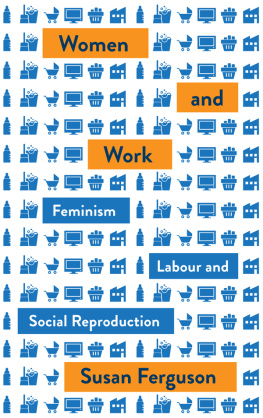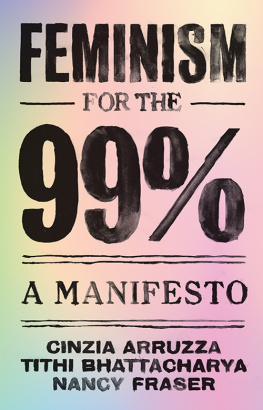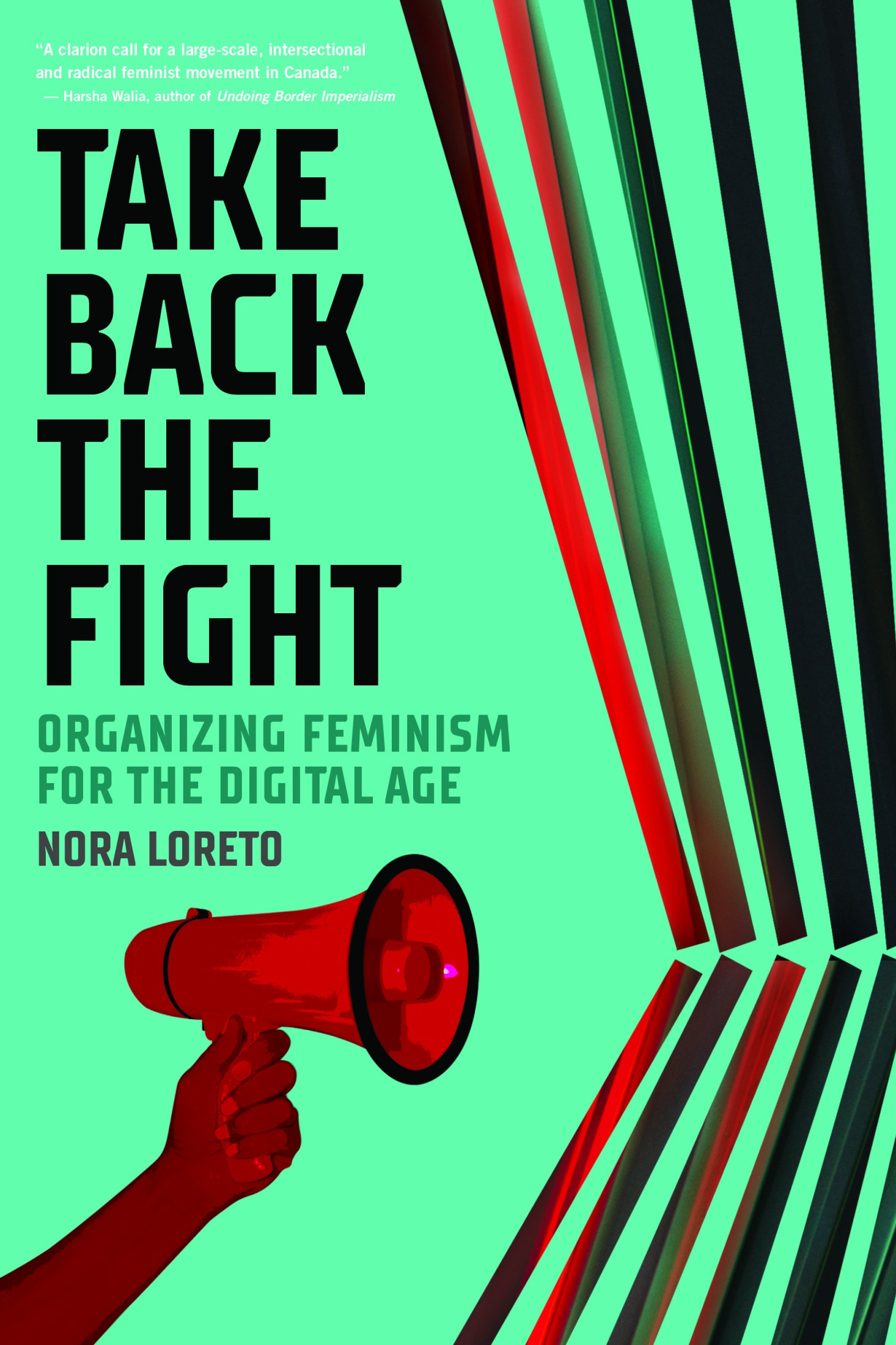Copyright 2020 Nora Loreto
All rights reserved. No part of this book may be reproduced or transmitted in any form by any means without permission in writing from the publisher, except by a reviewer, who may quote brief passages in a review.
Editing: Lisa Frenette
Cover design: Tania Craan
Printed and bound in Canada
Published by Fernwood Publishing
32 Oceanvista Lane, Black Point, Nova Scotia, B0J 1B0
and 748 Broadway Avenue, Winnipeg, Manitoba, R3G 0X3
www.fernwoodpublishing.ca
Fernwood Publishing Company Limited gratefully acknowledges the financial support of the Government of Canada, the Canada Council for the Arts, the Manitoba Department of Culture, Heritage and Tourism under the Manitoba Publishers Marketing Assistance Program and the Province of Manitoba, through the Book Publishing Tax Credit, for our publishing program. We are pleased to work in partnership with the Province of Nova Scotia to develop and promote our creative industries for the benefit of all Nova Scotians.
Library and Archives Canada Cataloguing in Publication
Title: Take back the fight : organizing feminism for the digital age / Nora Loreto.
Names: Loreto, Nora, 1984- author.
Description: Includes bibliographical references and index.
Identifiers: Canadiana (print) 20200322877 | Canadiana (ebook) 20200322958 | ISBN 9781773632414
(softcover) | ISBN 9781773632933 (EPUB) | ISBN 9781773632940 (Kindle) | ISBN 9781773634272 (PDF)
Subjects: LCSH: FeminismCanada. | LCSH: FeminismCanadaHistory21st century. | LCSH:
CyberfeminismCanada. | LCSH: WomenCanadaSocial conditions21st century. | LCSH:
Intersectionality (Sociology)Canada. | LCSH: NeoliberalismCanada.
Classification: LCC HQ1155 .L67 2020 | DDC 305.420971dc23
Contents
For Nancy, Estou, Claire-Hlne and Nathalie for keeping my children safe and teaching them about life so I could have time to write.
Preface
Almost forty years ago to the day that Im writing these words, Barbra Schlifer was sexually assaulted and murdered in Torontos east end. She had been celebrating being called to the bar the day of the brutal attack. Feminists organized a rally to condemn her murder and call out violence more broadly. It wasnt the first time that feminists had organized a demonstration against violence against women, but this event in April 1980 would be the first of what would become Take Back The Night, a globally recognized event where feminists march, without fear, to resist gendered violence.
Take Back The Night was the first feminist event I remember learning about. While I was never more than an occasional participant, I always found the message take back the night extremely powerful. The Womens Centre at Ryerson University mobilized students to participate in it each year, and it was through them that I first participated in a Take Back The Night event and came into contact with feminism.
But Ive never really felt part of what many would refer to as the feminist movement. I never took womens studies. I didnt study feminist theory until later in my twenties, and even then, what I had learned from being politically active in the student movement felt like a decent enough base to say that I understood what feminism should be. My approach in this book is that of activist and less of theorist, only because that is my experience, not because I dont think theory is important. I owe a great deal to feminist theorists and theory, without which so much of feminist action would be rudderless or impossible.
Feminism today seems to be a given. Its cool. Its sexy. Its capacity to change politics and society is analyzed in the digital pages of Canadas national newspapers. But theres always a limit to how mainstream society talks about feminism: its edgy but not too radical; its political but doesnt challenge Canadas status quo. Its a self-identity, even when the self-identifiers politics are incongruent with feminist liberation. I was driven to write Take Back The Figh t by the desire to understand how feminism ended up here: a word that can be used by politicians and corporations alike who feel little shame about contorting or obscuring feminism to be something that either scores political points or attracts buyers.
At the same time, there has been amazing and exciting new feminist groups and ways of thinking that have emerged in the digital era. Feminists are challenging the gender binary itself and broadening common understanding about what it means to be a woman, a man, both or neither. Throughout the book, when I write women, I unreservedly mean transwomen and ciswomen.
I understand that feminism is a contested and weighty word, with a history that is both rich and important, and exclusive and oppressive. To take back the fight means to wrestle feminism away from a mainstream understanding that is rooted in whiteness and capitalism, and to restore to the word the power to force government action, to force corporations to change course and to help journalists understand that feminism isnt aesthetic its a confrontation. And in that confrontation, many people will be made uncomfortable. This is important, as its through struggle that the feminist movement can build its power.
Its an incredible moment to be writing these words. The world is on the edge of massive change thanks to the coronavirus pandemic. In Spain, private hospitals are being nationalized. In China, temporary hospitals were built and dismantled in a matter of weeks. As with all things, there is a gendered impact to the kind of work that is needed to contain the virus and care for the ill, to care for children who have had classes cancelled and to care for communities who are grappling with horrifying death counts. When the states of emergency are finally lifted, feminists will have important work to do in resisting a hard right-wing reaction to a crisis that required a lot of public money to stabilize the economy.
Regardless of what happens, feminists will need to organize. Feminists will need to continue radical organizing that has been happening and organize in new ways to confront the challenges that the current era will bring. And, it will have to be done in such a way that uses social media but doesnt rely on social media to build power. The way in which feminists organize will need to acknowledge how the Internet has changed social and personal relationships, and use digital organizing in a way that enhances real-life connections. Our relations are increasingly managed by social media platforms. Issues from all over the world can go viral and have impacts in our local communities. The digital age has transformed our economy and society as a whole. In this age, feminism needs to stand for something clear, bring people together both online and off, and be something that can orient activists towards the fight for change.
In an article written for Shameless Magazine, the coordinator of Torontos annual Take Back The Night event Deborah Singh wrote,
If, as feminists, we dont push the envelope to recognize how oppression is intersectional and is used to continue our collective marginalization, then we will not end sexual violence. If we continue to talk only of the interpersonal, we negate the bigger causes of why men use sexual violence to control and have power over women. Put simply, our biggest challenge as feminists is to talk about race, colonization and class at the same time as personal experiences with sexual violence.
In this extraordinary moment, I hope that feminists can reflect on how anti-racist, anti-colonial and anti-capitalist feminism is the only thing that can save us from the worst neoliberal reforms.


